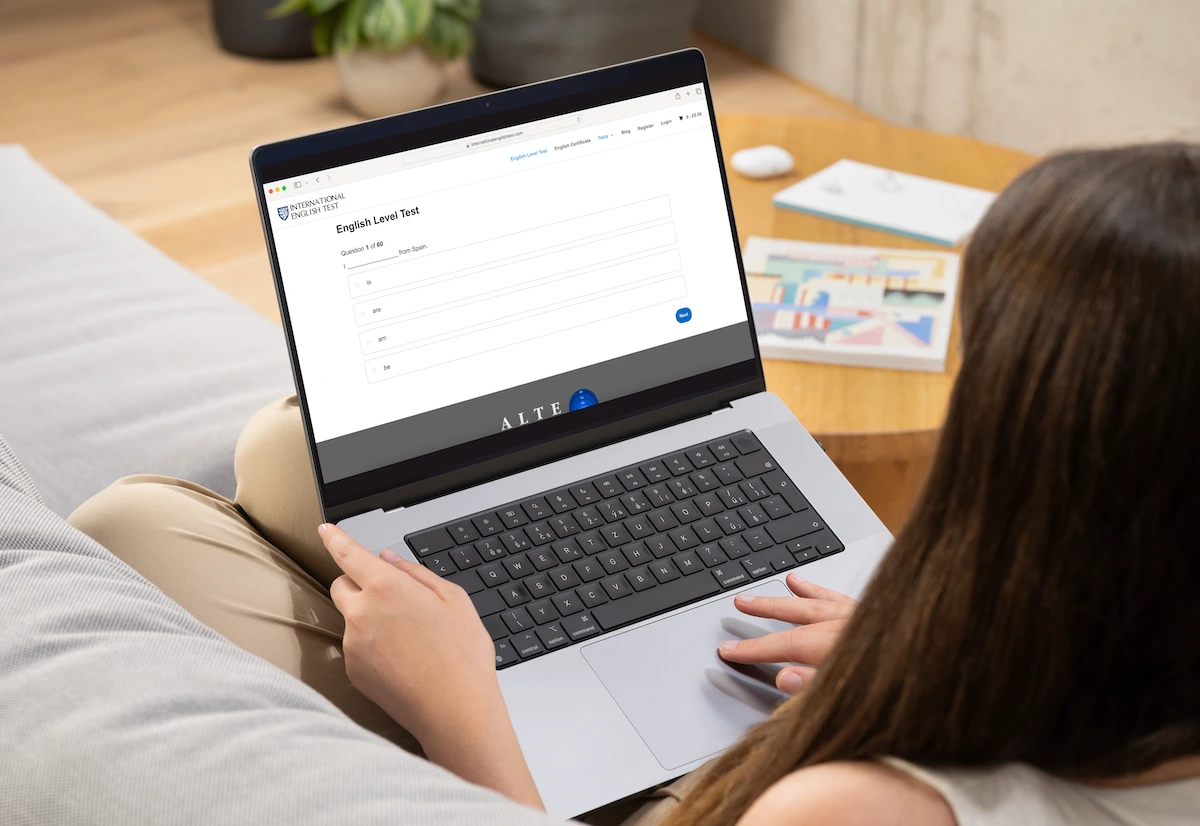Listening in English is a crucial skill for fluency, especially if you’re preparing for an English proficiency test, studying abroad, or working in an international environment. Good listening skills help you understand conversations, lectures, podcasts, and videos, making communication smooth and effective.
In this article, you’ll discover why English listening skills matter, how to improve them, and how you can test your level with the International English Test (IET).
🧠 Why Is Listening in English So Important?
Listening is one of the four core language skills: reading, writing, speaking, and listening. Without strong listening skills, it’s difficult to fully understand native speakers, respond naturally, or follow real-world English.
Benefits of Strong Listening Skills:
- Understand spoken instructions and questions
- Follow conversations and meetings
- Improve pronunciation and fluency
- Enhance vocabulary through natural exposure
- Score higher in English tests like IET and IELTS
📊 What Are the CEFR Listening Levels?
The Common European Framework of Reference (CEFR) categorizes English proficiency into six levels. Here’s what listening looks like at each stage:
| Level | Listening Ability |
|---|---|
| A1 – Beginner | Understands basic words and familiar phrases |
| A2 – Elementary | Can follow slow, clear speech on familiar topics |
| B1 – Intermediate | Understands main points of everyday speech |
| B2 – Upper-Intermediate | Can follow extended speech and standard media |
| C1 – Advanced | Understands complex conversations and idiomatic expressions |
| C2 – Proficient | Follows any spoken language with ease, even at native speed |
Want to know your current level? 👉 Take the International English Test and get your CEFR-certified English level today.
🔍 How to Improve Listening in English
1. Listen Daily
Just 10–15 minutes per day of focused listening makes a big difference. Choose materials that suit your level.
2. Use Subtitled Videos
Watch TV shows, YouTube channels, or TED Talks with subtitles. Switch to English subtitles as you improve.
3. Practice with Podcasts and Audiobooks
Use platforms like Spotify, Audible, or BBC Learning English. Start with slow-speed audio and gradually increase the pace.
4. Repeat and Shadow
Listen to a short clip, then repeat it aloud to improve comprehension and pronunciation.
5. Take Listening Tests
Use official tests like the IET Listening Section to test your skills with real-world audio.
🧪 Listening in the International English Test (IET)
The International English Test includes a listening section with real-life dialogues, announcements, and interviews. It evaluates:
- Understanding main ideas and specific details
- Recognizing opinions and attitudes
- Following instructions
- Interpreting tone and context
After completing the test, you’ll get your CEFR-level certificate (A1 to C2), instantly downloadable and sharable for work, school, or visa applications.
👉 Start the English Listening Test Now – IET
🎓 Example English Listening Practice Question
Audio (Example):
A woman is talking to her friend about her weekend plans.
Question:
What is the woman planning to do this weekend?
A) Go shopping
B) Visit her grandmother
C) Watch a movie
D) Go hiking
✅ Correct Answer: D) Go hiking
IET provides similar listening practice through its interactive test platform.
📌 Conclusion
Improving your listening in English is a vital step toward fluency and confidence. Whether you’re preparing for exams, interviews, or travel, listening practice will help you engage naturally and respond effectively in any English-speaking environment.
✅ Start today by taking the International English Test to evaluate your level and get certified — anytime, anywhere.




